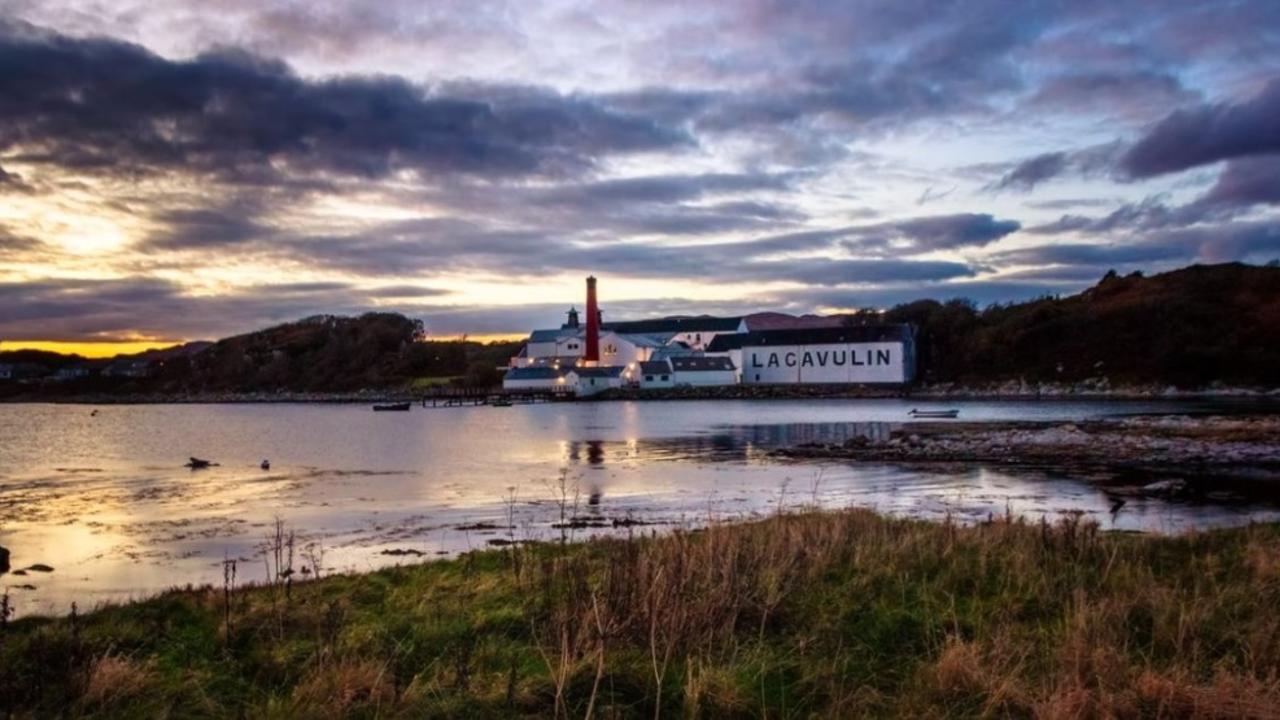Sustainability is an emotional topic…
We all live on the same little planet with various points of view on what should, could and must be done to ensure future generations are able to enjoy happy healthy lives.
The Scotch whisky industry is a little different. Yes, there are different views on the 'how', but all producers agree on one point – sustainability makes business sense.
As the name suggests, Scotch can only be made in Scotland. Existing single malt whiskies can only be produced in the location they have always been made and the environment is crucial, not only to the character of the spirit but also to the availability of the raw materials needed.
Rising water levels
A warmer climate would impact the way whisky matures. Pretty much all distilleries were built near water sources, primarily because so much water is needed to produce whisky that it would be very difficult to bring water from elsewhere. So, when water runs out, as it can happen in certain places in the summer, distilleries shut down until water levels rise again.
In other words, climate change is a risk to business continuity. Drier weather could result in brands disappearing.
Carbon emissions

Equally, reducing carbon emissions has a positive impact on the bottom line. Energy is expensive. The less producers use to manufacture their spirits, the more they can invest in growing the brands.
Of course, the vast majority, if not all, also believe protecting the environment and communities is the morally right thing to do. As a matter of fact, some distilleries, particularly facilities located on small islands, were built specifically to bring prosperity to remote communities, like the distillery on Jura.
For all these reasons, I don’t believe there is a single distillery which doesn’t have a sustainability strategy. The Scotch Whisky Association itself has set a target for its members of reaching Net Zero emissions by 2040, ten years before the UK government objectives.
In order to achieve this, the industry is working on various initiatives, many of which are a continuation of work which was started decades ago.
Let’s explore some of the main ones...
Industry initiatives
Making whisky, particularly distillation, requires a lot of energy.
The first distillery I worked at 22 years ago, used coal fires to heat up some of their stills. It’s remarkable how things have moved on in a relatively short time.
Nowadays, the vast majority use gas, mostly to produce steam which indirectly or directly heats the alcohol inside the stills during distillation. Newer technology such as anaerobic digesters, with gas produced from by-products, are becoming more mainstream and there is serious research going into hydrogen.
Energy recovery is getting more and more efficient. As various parts of the process require liquid to be heated, then cooled, then heated, etc… increasingly clever heat exchangers recycle heat to ensure as little energy as possible is used.
Sustainable workplaces

People are increasingly mentioned in sustainability conversations. The Scotch whisky industry directly employs over 11,000 people. HR teams around the country have developed numerous wellbeing initiatives over the years supporting employees with topics such as mental health, parental leave and flexible working.
This often extends to wider communities not just near distilleries but also around bottling plants, distribution centres, offices with employees deciding which local charity projects their businesses should support.
The supply chain is also integral to the conversation, especially farmers and packaging manufacturers. Unlike energy, there is less of a consensus on packaging. Reducing packaging often reduces costs and does less damage to the environment but consumer needs are carefully considered. Secondary packs such as cardboard boxes help protect bottles and a large amount of single malt whisky is bought for gifting.
Research shows consumers are less likely to buy a bottle of single malt for gifting if it doesn’t come in a nice box. The same applies to very expensive bottles where expectations for elaborate packaging increase, especially in Asian markets.
Innovative solutions, even if less driven by technology, are being tested by individual distilleries. A good example of this is the work that is happening at Glenmorangie distillery. Native oysters, which are a very effective filter, are being reintroduced in the Dornoch firth. The aim is to further reduce the impact of the distillery on the local environment.
Going forward
All things considered, there is a long way to go for our industry to be fully sustainable.
However, I have no doubt we are heading in the right direction – not just because it’s the morally right thing to do and there many clever people working on solutions, backed by significant investments, but also because it makes business sense.
Win/win situations do exist, and sustainability is an obvious one for Scotch whisky.

